

Max Davies
3 Days Ago
Don't want to pay upfront for driver assist technology, and instead want to pay only when you need it? The Volkswagen Group is working on such a set-up.

News Editor
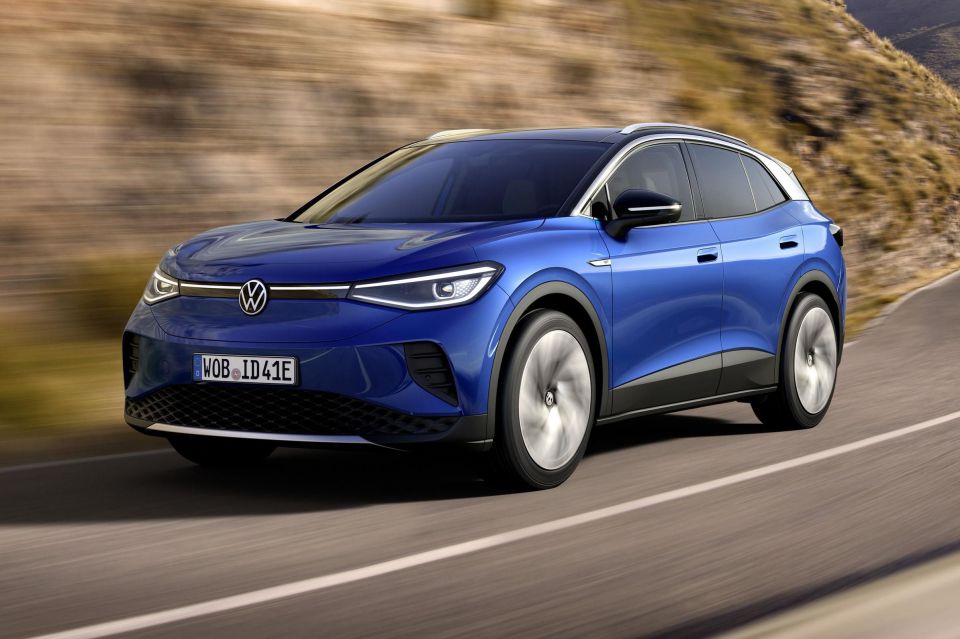

News Editor
The Volkswagen Group’s software subsidiary CARIAD says it’ll support the option to add features like autonomous driving technology on-demand.
“There’s a new business model already out there — a subscription model, or function-on-demand — where the AI will tell you, you can drive autonomously if you want, for the next 50 miles,” Cariad CEO Dirk Hilgenberg told Bloomberg.
“We would support that. We could give you autonomous driving for the next 50 miles, so you can relax or sleep or do whatever.
“We don’t have Level 4 autonomy yet, but you can see that in some areas, driver-assistance functions can be offered by AI.”
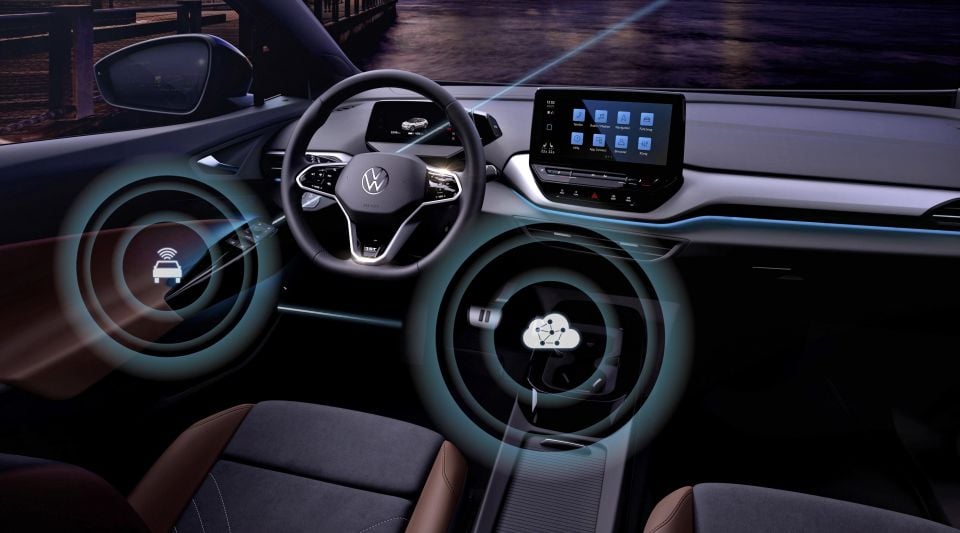
Mr Hilgenberg said the path to monetising these features involves creating a digital services platform that can support accounts and apps from Google, Apple, and Amazon.
“That experience space is one where you can also earn money if you offer services,” he said.
“You have to make sure to have what we call a digital services platform that lets the outside world in — Google, Apple, Amazon — where you can bring your accounts to stream and be entertained, or where you can work with office products, do a videoconference or prepare yourself for the next meeting.
“This is the product we want to sell. The product is our platforms.”
CARIAD has already flagged its parent company is expecting to turn software into a revenue stream.
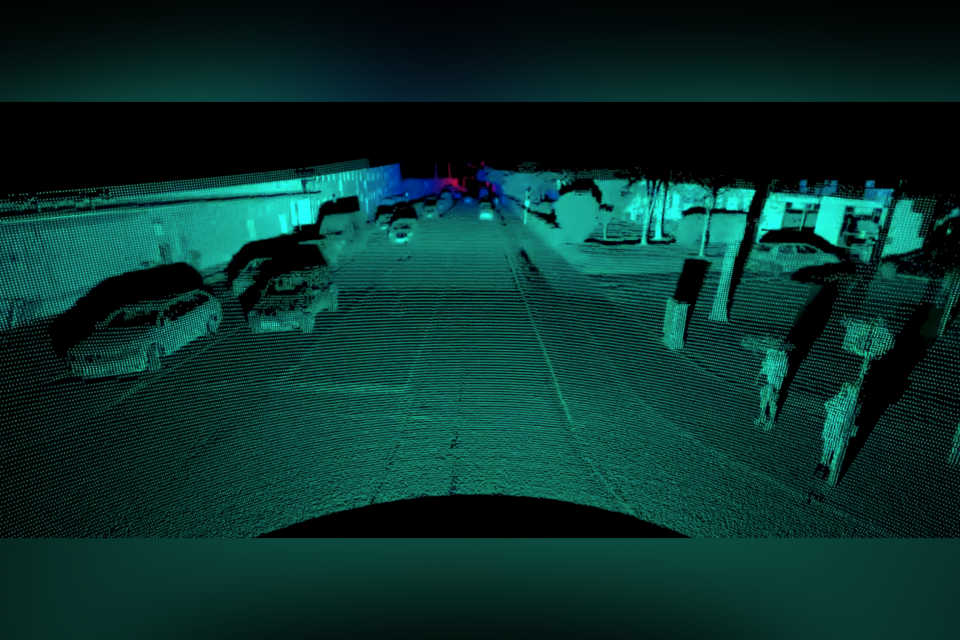
“Software plays the decisive role in the transformation from a pure car company to an integrated mobility group,” said Mr Hilgenberg last year.
“By 2030, software – on the basis of automated driving – can become a major source of income in our industry.”
The Volkswagen Group is calling its software push “the most ambitious project of our entire industry to tap into the most relevant profit pools of the future”.
Though CARIAD is currently working on three different software platforms, all of which support over-the-air updates, it’s developing a universal software platform by 2025 called E3 2.0 that’ll underpin all Volkswagen Group vehicles.
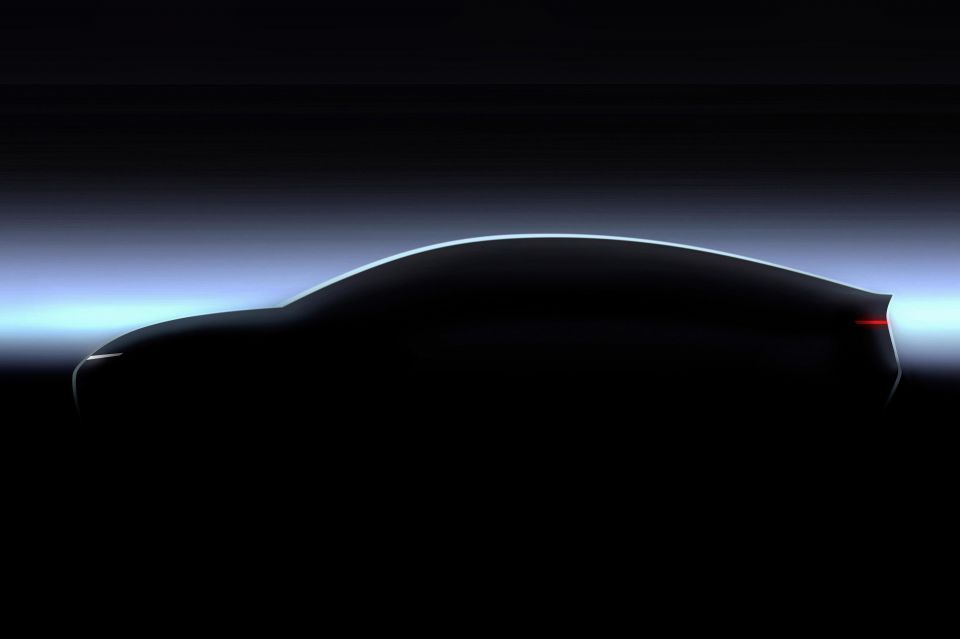
Mr Hilgenberg said the layout is “similar to what Tesla had initially brought in, but we wanted to jump a step further ahead”, with high integration and more computing power.
It’ll support level 3 autonomous driving technology and offer “level 4 readiness”, with full connectivity to the Volkswagen Automotive Cloud, co-developed with Microsoft.
E3 2.0 will first be integrated into Audi’s Artemis project in 2025, and then “scaled to volume” in the upcoming Volkswagen Trinity in 2026.
It can support smaller, daily software updates, with CARIAD working on updates and each Volkswagen Group brand deploying in their own update cycles, though the company says it’s conscious it doesn’t want to overwhelm customers with an update every week.
By 2025, CARIAD is aiming to develop 60 per cent of software in-house.
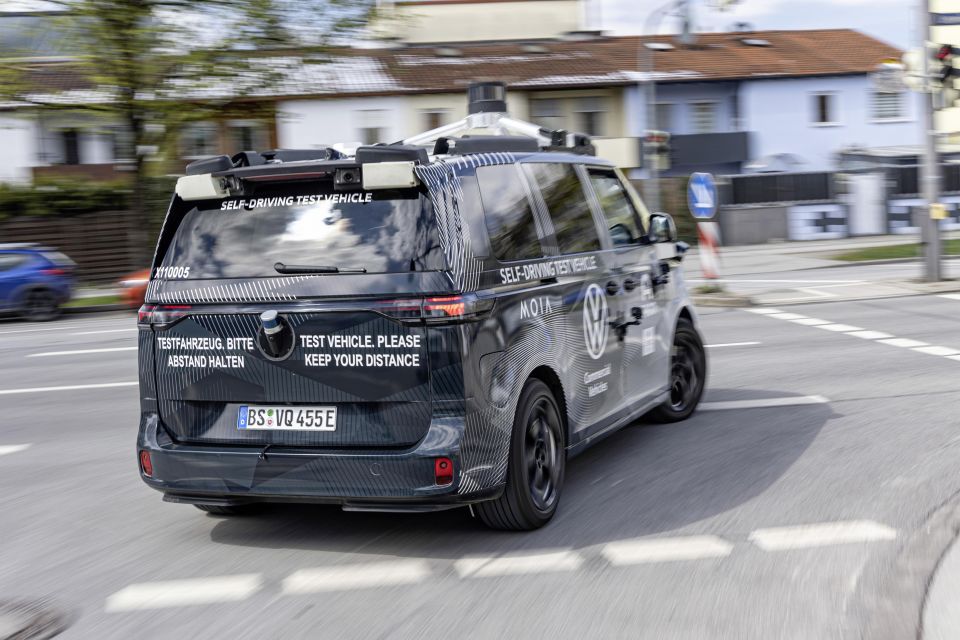
Volkswagen’s technology push hasn’t seen smooth sailing, with the ID.3’s launch delayed due to its software. It was subsequently launched without some features, which were added later.
Bloomberg also reports development of a premium software architecture has been plagued by infighting, delaying models including the upcoming Porsche Macan EV.
In the autonomous driving space, Volkswagen is planning to have an ID. Buzz people mover with level 4 autonomous driving technology by 2025.
It’s being developed as part of a joint venture with US startup Argo AI for use in Europe and the US.
Volkswagen has previously indicated the ID. Buzz AD will be used as a ride-sharing taxi and delivery van, with MOIA – a ride-sharing platform and Volkswagen Group subsidiary – in line to use it.
Take advantage of Australia's BIGGEST new car website to find a great deal on a Volkswagen.
William Stopford is an automotive journalist based in Brisbane, Australia. William is a Business/Journalism graduate from the Queensland University of Technology who loves to travel, briefly lived in the US, and has a particular interest in the American car industry.


Max Davies
3 Days Ago
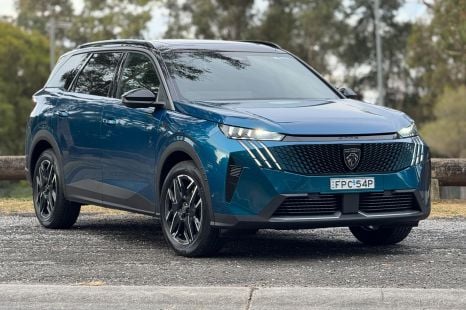

Matt Campbell
3 Days Ago
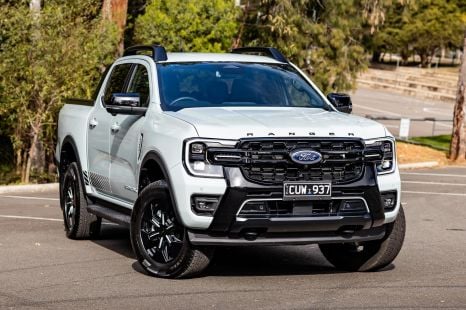

Matt Campbell
2 Days Ago


Alborz Fallah
1 Day Ago
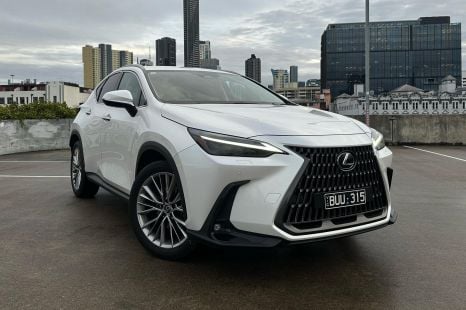

William Stopford
17 Hours Ago
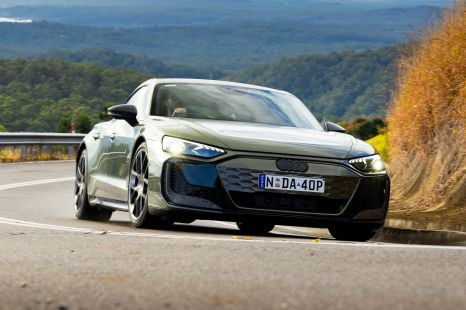

James Wong
8 Hours Ago